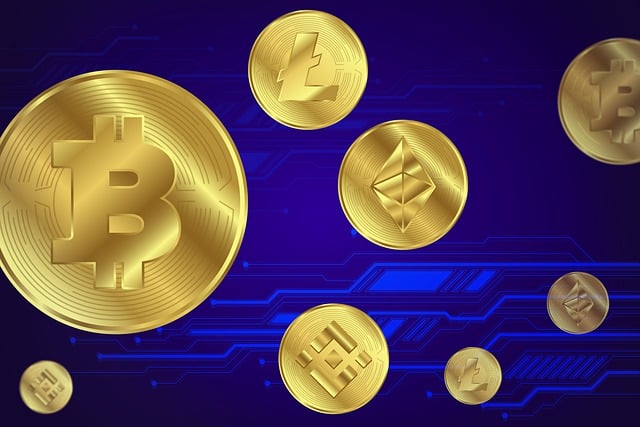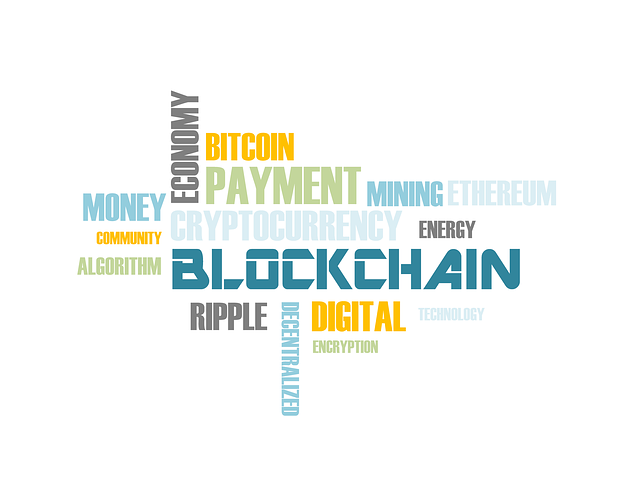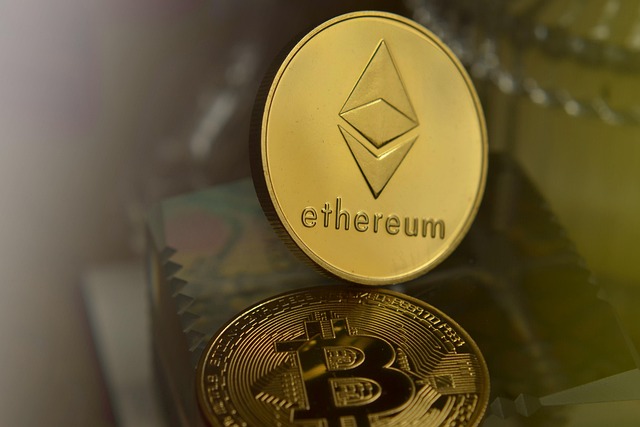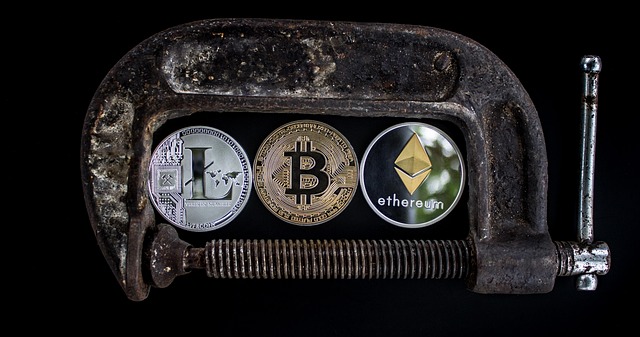
Ethereum's decentralized technology is transforming global financial inclusion by providing borderless, transparent financial services accessible via internet connection. Smart contracts automate processes like lending, savings, and insurance, benefiting regions with limited traditional banking infrastructure. This innovation aims to bridge economic divides worldwide, empowering individuals through democratized access to financial tools and fostering equitable development. Ethereum's global reach has the potential to empower millions by enabling participation in the digital economy.
“Financial inclusion is a global imperative, aiming to provide access to financial services for all. In this context, Ethereum emerges as a transformative technology, promising to bridge the economic divide worldwide. This article explores Ethereum’s potential to revolutionize financial services through decentralized finance (DeFi) and its real-world applications. We delve into how smart contracts, a cornerstone of DeFi, enable transparent and secure transactions. By examining current trends and challenges, we uncover the future prospects of Ethereum in fostering global financial accessibility.”
- Understanding Financial Inclusion and Its Global Impact
- Ethereum's Role in Revolutionizing Financial Services
- Smart Contracts: The Backbone of Decentralized Finance (DeFi)
- Real-World Applications of Ethereum in Financial Inclusion
- Overcoming Challenges and Shaping the Future of Digital Currency
Understanding Financial Inclusion and Its Global Impact

Financial inclusion refers to the access and use of financial services by all segments of society, especially those traditionally excluded due to poverty, lack of collateral, or other socio-economic factors. It’s a powerful tool for breaking intergenerational cycles of poverty, empowering individuals, and fostering economic growth. In today’s digital age, Ethereum, with its decentralized nature and smart contracts, is emerging as a game-changer in this domain.
Ethereum enables financial services that are borderless, transparent, and accessible to anyone with an internet connection. Smart contracts automate processes like lending, savings, and insurance, reducing friction and the need for intermediaries. This has significant global implications, especially in regions where traditional banking infrastructure is limited or non-existent. By democratizing access to financial tools, Ethereum has the potential to bridge the economic divide, fostering inclusivity and equitable development worldwide.
Ethereum's Role in Revolutionizing Financial Services

Ethereum has emerged as a powerful force, revolutionizing the way financial services are delivered and experienced globally. Its decentralized nature and innovative technology have paved the way for a new era in financial inclusion, addressing many of the challenges faced by traditional banking systems. By utilizing smart contracts and blockchain technology, Ethereum enables secure, transparent, and efficient transactions, fostering a more inclusive financial environment.
This revolutionary platform allows individuals and businesses, especially those in underserved communities, to access various financial services without the need for intermediaries. It facilitates peer-to-peer interactions, making it easier for people to borrow, lend, and invest, thereby bridging the economic divide. Ethereum’s global reach and accessibility have the potential to empower millions, providing them with opportunities to participate in the digital economy and shape their financial future.
Smart Contracts: The Backbone of Decentralized Finance (DeFi)

Smart contracts, a cornerstone of decentralized finance (DeFi), are self-executing agreements with predefined rules written into code on Ethereum’s blockchain. This innovative technology streamlines financial interactions by eliminating intermediaries like banks, making transactions faster, cheaper, and more transparent. Once deployed, smart contracts automatically enforce the terms agreed upon by users, ensuring trust and security without the need for third-party verification.
In the context of financial inclusion, Ethereum’s smart contracts offer immense potential to empower individuals globally. They enable access to a wide range of financial services, from decentralized lending and borrowing to insurance and trading, all while fostering transparency and security. By removing barriers like geographical location or traditional banking requirements, Ethereum-based DeFi platforms aim to bridge the global economic divide and democratize finance for everyone.
Real-World Applications of Ethereum in Financial Inclusion

Ethereum has paved the way for groundbreaking real-world applications in financial inclusion, aiming to bridge the global economic divide. One of its key innovations is smart contracts, which enable secure and transparent peer-to-peer transactions without the need for intermediaries like banks. This technology can empower individuals in underserved communities by providing access to a range of financial services. For instance, microloans facilitated by Ethereum allow small business owners to gain capital, fostering economic growth and self-sufficiency. Additionally, decentralized digital identities offer a solution to the lack of formal banking systems, enabling individuals to manage their finances securely and participate more fully in the global economy.
Moreover, Ethereum-based platforms can facilitate cross-border payments, reducing costs and increasing accessibility for remittances. This is particularly beneficial for migrants sending money back to their home countries, many of whom face high fees and long processing times through traditional channels. By leveraging Ethereum’s global and decentralized nature, these applications have the potential to democratize access to financial services, foster economic participation, and ultimately help build a more inclusive global economy.
Overcoming Challenges and Shaping the Future of Digital Currency

Despite initial challenges, Ethereum has emerged as a powerful force in the pursuit of financial inclusion globally. One of its key strengths lies in its decentralized nature, eliminating the need for intermediaries like banks, which can be particularly beneficial in regions with underdeveloped financial infrastructure. This feature ensures that anyone with internet access can participate in the global economy, sending and receiving funds securely and transparently.
The technology behind Ethereum also addresses several barriers to entry. Smart contracts automate processes, reducing the risk of fraud and errors, while also lowering transaction costs. As a result, individuals and businesses can navigate financial services more efficiently, fostering an environment conducive to economic growth and development worldwide. Shaping the future of digital currency, Ethereum’s potential to bridge the global economic divide is undeniable.
Ethereum, with its innovative technology, is playing a pivotal role in bridging the global economic divide. By leveraging smart contracts and decentralized finance (DeFi), Ethereum enables financial inclusion for millions worldwide, offering alternative solutions to traditional banking systems. Real-world applications demonstrate its potential to empower individuals and communities, ensuring everyone has access to essential financial services. As challenges are overcome, Ethereum’s future looks bright, promising to revolutionize global economic participation and create a more inclusive financial landscape.


